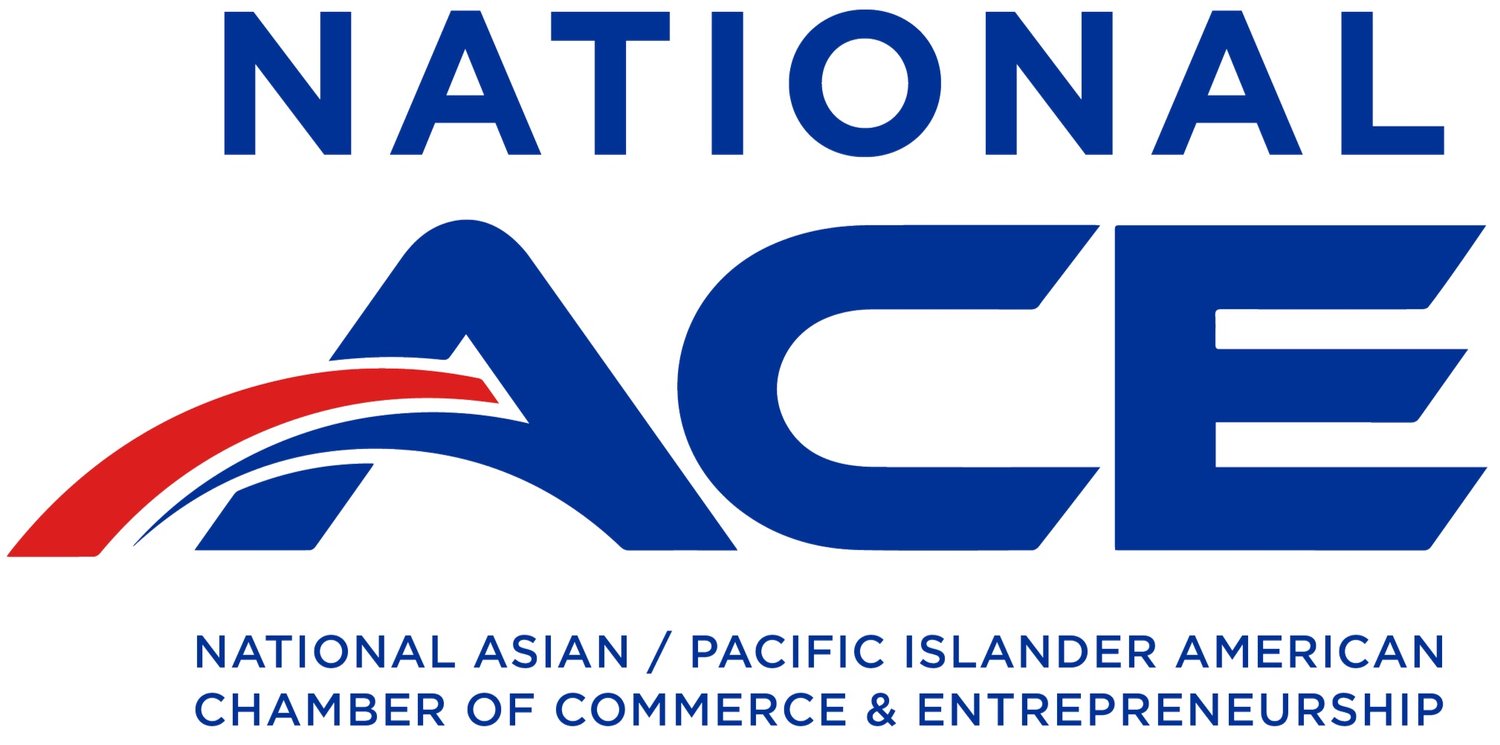Why the 45S Tax Credit Matters for Small Businesses and Their Employees
The 119th Congress is off to a busy start, with its members tasked with addressing the sunsetting provisions of the Tax Cuts and Jobs Act (TCJA), signed into law by President Trump in 2017. Among the provisions included in the TCJA is the 45S Employer Tax Credit, a tax incentive for small employers who provide paid family and medical leave to their employees. This credit represents the first federal policy in the United States to support paid family and medical leave. While it uses the leave eligibility definitions outlined in the Family and Medical Leave Act (FMLA), the 45S Tax Credit applies to employers of all sizes, not just those covered by FMLA.
The 45S Tax Credit serves as a vital resource for small businesses, enabling them to offer paid family and medical leave to their employees. By doing so, it helps these businesses remain competitive with larger firms and retain top talent.
National small business organizations, including the National Association of Women Business Owners (NAWBO), the National Asian/Pacific Islander American Chamber of Commerce and Entrepreneurship (National ACE), and the US Hispanic Chamber of Commerce (USHCC), have been strong advocates for the tax credit. These groups, along with many others, recognize its value in providing business owners with both the resources and flexibility needed to support their employees while managing successful enterprises. The credit addresses the often-prohibitive costs of offering paid family and medical leave by offsetting some of these expenses through a tax benefit, making it more accessible for small businesses.
Originally introduced in 2017 by Senators Deb Fischer (R-NE) and Angus King (I-ME), the bipartisan 45S Tax Credit is now the focus of efforts to make it permanent during this year’s tax debate. This tax credit is particularly notable because its authors designed it with the needs of small businesses and entrepreneurs in mind. As the first federal legislation of its kind, it has the potential to further alleviate the financial burden of providing paid family and medical leave, ensuring small business owners can continue to thrive while supporting their workforce. The permanency of the tax credit would provide businesses with the confidence to incorporate PFML benefits into their operational strategies, knowing that the financial support will remain available.
The 45S tax credit is a significant step forward in expanding access to paid family and medical leave. Still, it is just the beginning of efforts on Capitol Hill and beyond to expand access. As Congress debates the future of the 45S tax credit, its permanence could serve as a crucial moment for providing additional stability and predictability for small businesses and entrepreneurs.
